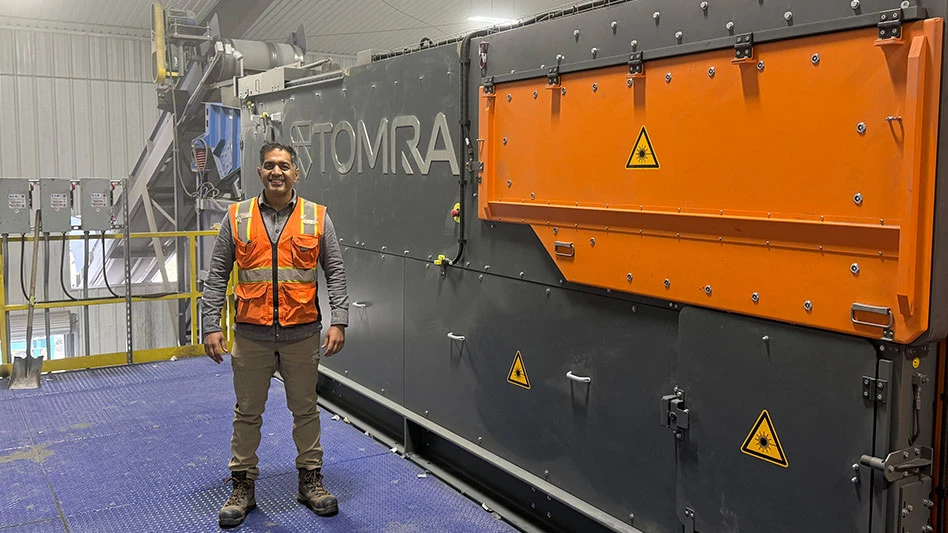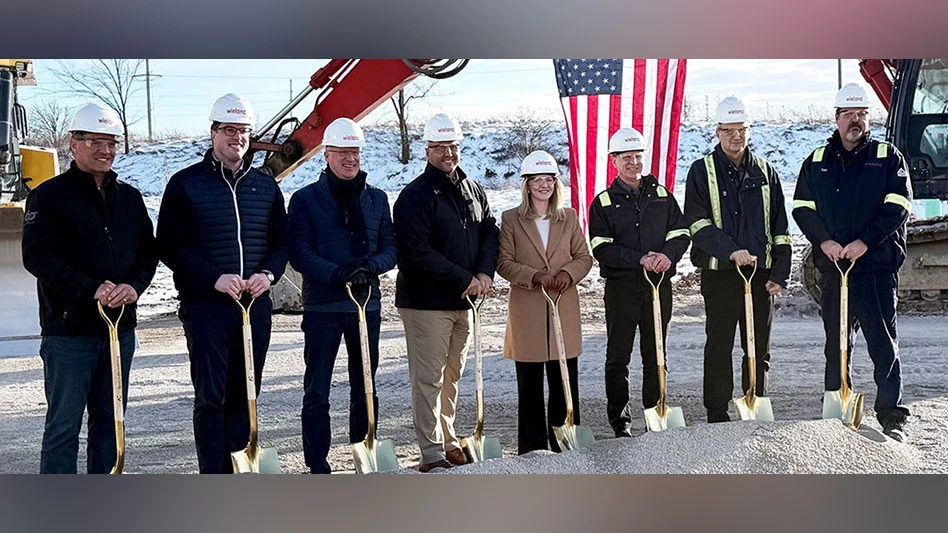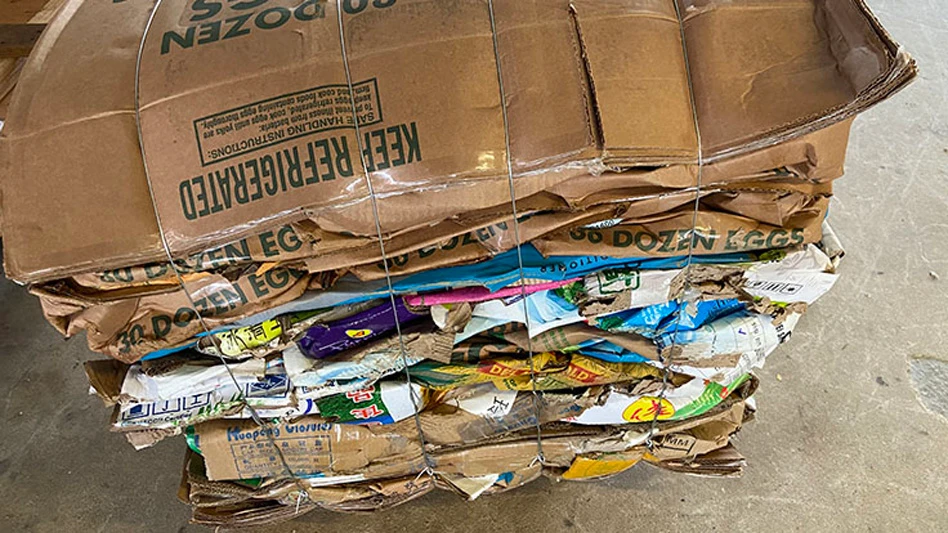
Song_about_summer | stock.adobe.com

Earlier this spring, the United Kingdom’s Department of Business and Trade reported that the U.K.’s critical mineral recycling sector remains uncompetitive. The transition towards net-zero and a low-carbon economy demands ever greater volumes of critical minerals, which are crucial to the delivery of low-carbon technologies including wind turbines, solar arrays and electric vehicles (EVs).
With the country heavily reliant on materials imported primarily from China and Russia, and exposed to geopolitical risk as a result, there’s a pressing need for domestic critical mineral capacity to be upgraded. Recovering critical minerals through recycling is key to this.
This can be an intensive and risky process, however. The insurance industry has a critical role to play here, helping businesses looking to plug the U.K.’s mineral recycling gap to manage risk and remain viable.
All too often, however, insurers are failing to keep up.
The idea that the insurance industry should be risk averse holds a certain irony, but it's true. We set up Aspect to plug this gap, and every week we see recycling businesses in the critical minerals sector, and many other sectors, who are struggling to get the cover they need. This leaves them exposed to huge amounts of risk and ultimately leaves many businesses struggling to remain viable.
This means the U.K.’s recycling infrastructure lags behind and crucial recycling capacity is offshored, leaving the country exposed to the risks identified in the Department of Business and Trade’s report.
So, what can the industry do to overcome this challenge?
Emerging technologies
One significant challenge for the industry as the U.K. builds its critical mineral recycling capacity, and more broadly as we continue the journey towards a low and eventually no-carbon economy, is the impact novel technologies have on a business’s risk profile.
Emerging and evolving technologies are crucial to the energy transition. These technologies are backed by the government and hold huge potential but, for insurers, these technologies represent a departure into the unknown when compared to well established and more predictable technologies, and they price in this uncertainty when setting premiums.
The insurance industry is scrambling to catch up with carbon capture and storage (CCS) and other technologies designed to support the energy transition, but it remains the case that some of the bigger players in the industry don’t have the underwriting expertise or the risk appetite necessary for CCS, so coverage remains patchy.
Insuring the future
Just as energy production and consumption are adapting to the climate challenge—leading to growing demand for critical minerals—so must the insurance industry.
It’s easy for the industry to stick to “safe bets” when it comes to underwriting. This approach, however, is leaving vital facilities and technologies underinsured and undermining the U.K.’s journey toward net-zero.
Our own experience at Aspect shows it is possible to underwrite the technologies and infrastructure of the future. To do so, however, means moving beyond some of the approaches the wider industry has become accustomed to.
When it comes to supporting the U.K.’s critical minerals sector, there are simple steps insurers can take to make these businesses an easier proposition. Developing the specialist teams and in-house expertise needed to support recycling facilities, for example, can go a long way to better understand the risks and opportunities faced by these businesses. Likewise, taking the time to visit facilities to survey them properly also can allow for a more detailed assessment of risk, rather than taking a “computer says no” approach from behind a desk.
The insurers that develop this expertise and aim to fill what currently is a gap in the insurance market will be well placed to insure the future. After all, the emerging technologies of today are the established technologies of tomorrow.
Conversely, those in the industry who continue to overlook the U.K.’s recycling sector and, more broadly, the renewable industries of the future, risk being left behind by a changing world. This poses far greater risk to their business models than taking the time to understand, underwrite and back the critical minerals sector.
Oli Williamson is the co-founder and chief underwriting officer of Aspect Insurance, headquartered in London. To learn more, visit https://aspect.insure.
Latest from Recycling Today
- Aduro selects Netherlands as site for industrial scale-up facility
- Nasco-Op declares dividend
- Cyclic Materials announces plans for South Carolina campus
- WM reports revenue, earnings growth in Q4 and full-year 2025
- Solarcycle’s Cedartown, Georgia, recycling facility opens
- Stadler equips Spanish MRF
- SSAB finishes 2025 with decreased revenue
- Vecoplan appoints CFO





